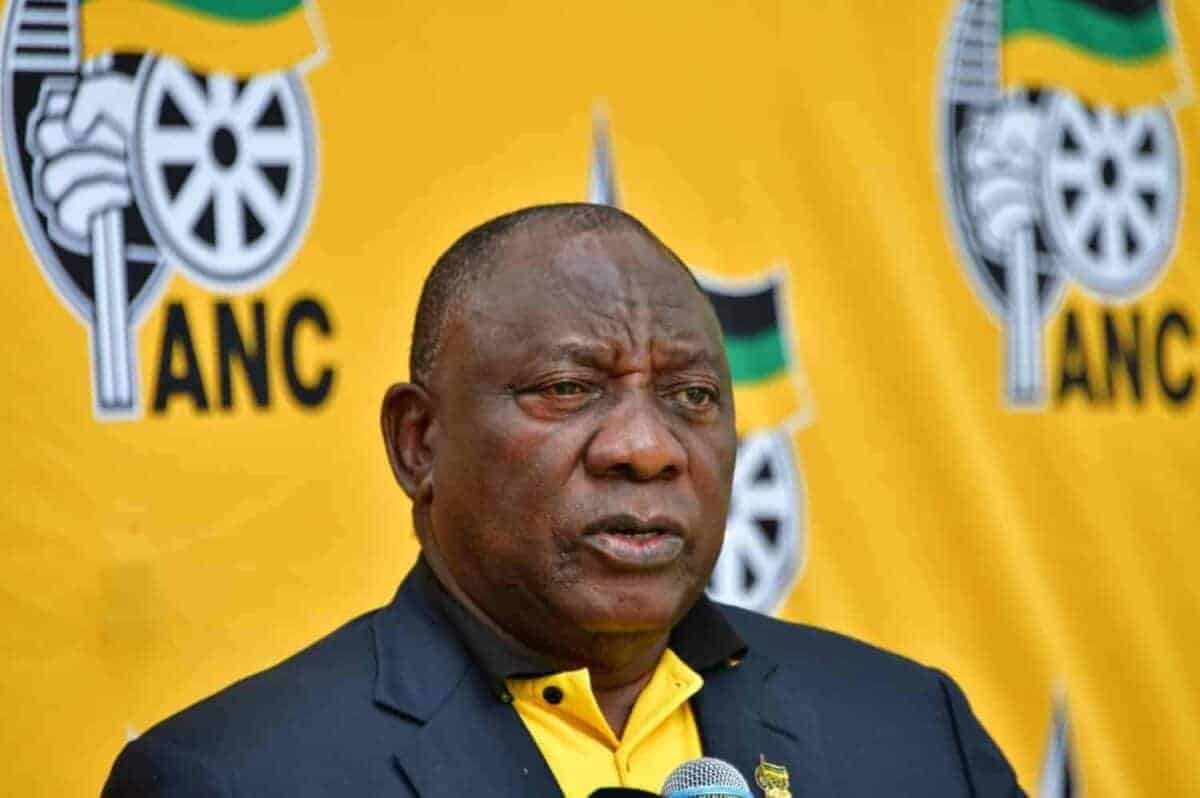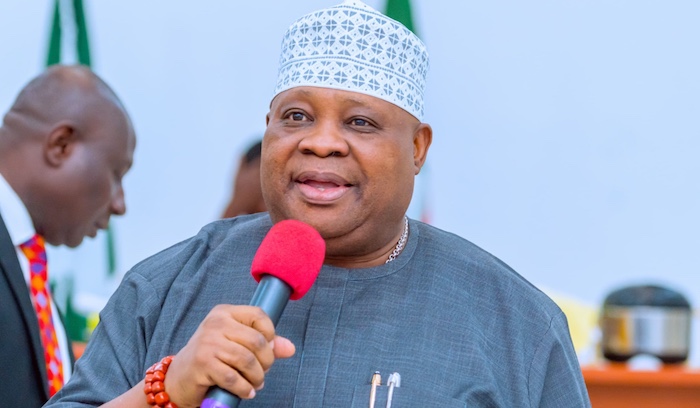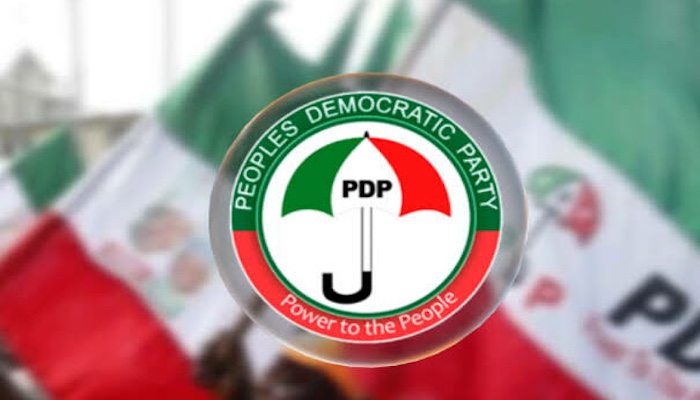
President Cyril Ramaphosa has broken his silence – not with a whisper, but with a warning.
In a tense ANC national executive committee meeting at Germiston Council Chambers last weekend, he rebuked rumour-mongerers about his early departure, daring those who question his leadership to confront him directly.
For a man often accused of caution, this was a moment of fire. But fire, once lit, rarely stays contained.
“Stop talking in dark corners,” he reportedly said. The message was clear: if you want me gone, say it to my face.
This wasn’t just a defence of office. It was a defence of dignity. And it signals that Ramaphosa knows the ground beneath him is shifting.
However, the ANC’s leadership has scrambled to contain the fallout. Secretary-general Fikile Mbalula dismissed any suggestions of a coordinated push against Ramaphosa as “malicious gossip” and insisted the party’s upcoming national general council (NGC) will not entertain leadership discussions.
ALSO READ: Video of person shooting Ramaphosa poster ‘ambushes’ Zuma-Sambudla trial
He emphasised unity and renewal remain the organisation’s priority. Yet, the repeated denials have done little to quell the speculation.
Behind the scenes, several ANC insiders acknowledge the rumour campaign reveals deeper concerns about the party’s trajectory and the president’s standing.
With local government elections looming next year, and the ANC struggling to recover from its declining support, some members privately fear Ramaphosa may not be the leader best positioned to stop the slide.
They argue that, despite stabilising the Eskom crisis and attempting institutional reforms, Ramaphosa has not delivered the economic turnaround or service delivery improvements needed to rebuild public trust.
Others see the rumours as part of a renewed factional offensive. Ramaphosa’s “renewal” agenda has long been met with resistance from those aligned with the party’s more populist or radical wings, who accuse him of governing cautiously, appeasing markets, or failing to transform the economy at the pace they demand.
For these groups, weakening Ramaphosa ahead of the next leadership cycle is a strategic move; one that could shift the balance of power within the ANC long before the 2027 elective conference.
ALSO READ: Trump: ‘SA behaving badly… policies on exterminating people unacceptable’ [VIDEO]
Despite the chatter, Ramaphosa’s position remains secure in formal terms. His mandate as ANC president runs until 2027 and dislodging him would require broad internal alignment.
And that is something that is rare in a party challenged by fragmentation, competing interests and leadership fatigue.
Officials close to Ramaphosa dismiss the rumours as attempts to distract from policy priorities and to manufacture instability where none exists.
They insist Ramaphosa intends to finish his term and has no desire to repeat the abrupt, acrimonious exit that characterised Jacob Zuma’s final months in office.
Yet, let us be honest, this is a warning that Ramaphosa is entering a precarious phase. While there is no official move to remove him, his authority is weaker than it once was.
A stalled economy, persistent unemployment, uneven service delivery and lingering corruption concerns have chipped away at public confidence.
ALSO READ: SA ‘fine-tuning’ new economic diplomacy to strengthen investment
At the same time, factional loyalties within the ANC continue to shift, leaving Ramaphosa without the firm internal support he enjoyed when he first ascended to the presidency.
The real test may come at the NGC, where policy direction and organisational performance will be openly debated.
If the gathering exposes deep fractures, or if the party experiences further electoral setbacks in the coming year, pressure on Ramaphosa could intensify – not through official channels, but through sustained internal agitation, strategic leaks, and growing calls for leadership renewal.
For now, Ramaphosa is attempting to project steadiness. By daring his critics to challenge him openly, he seeks to reclaim the initiative and shows he remains in charge of both the government and the party.
But the flurry of rumours – and the intensity with which they are spreading – indicates that discussions about his future have already begun, whether formally acknowledged or not.
As the ANC navigates its most uncertain period since the democratic transition, Ramaphosa’s grip on power will depend not only on his ability to contain factional turbulence, but also on whether he can convince the party that he is still the leader capable of stabilising a country facing economic strain, social frustration and mounting political competition.
ALSO READ: Ramaphosa to receive G20 Africa expert panel report
Ramaphosa has insisted he is not going anywhere. The coming months will determine whether the ANC agrees.
The party must decide: does it still believe in Ramaphosa’s leadership, or is it merely tolerating it? And, more urgently, does it have a vision beyond him?



